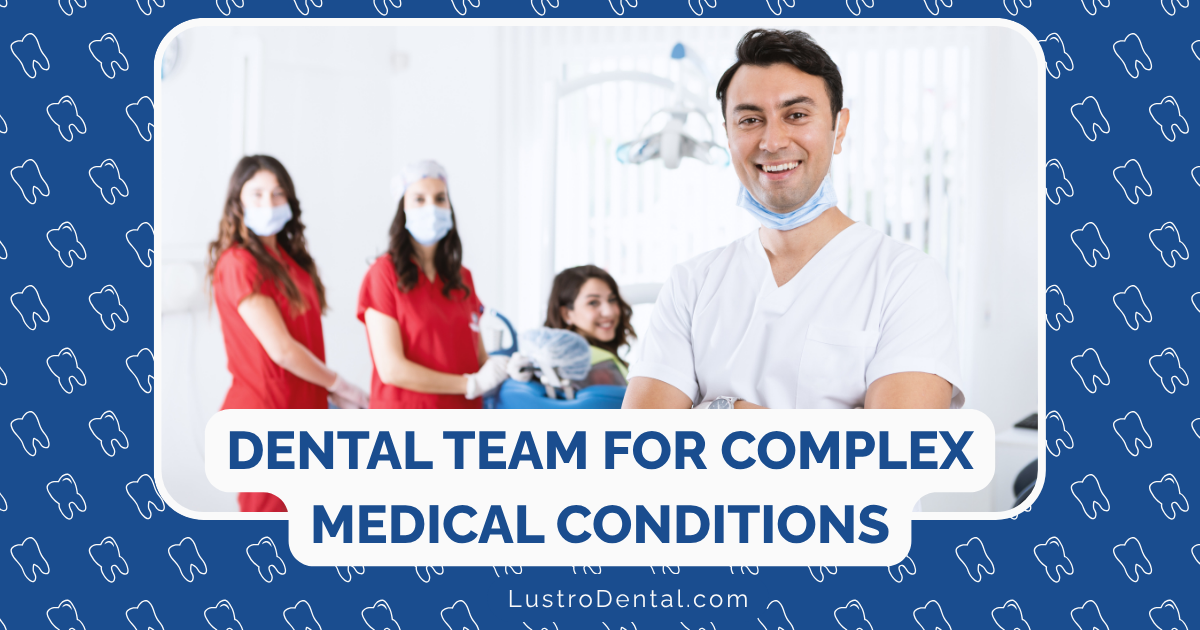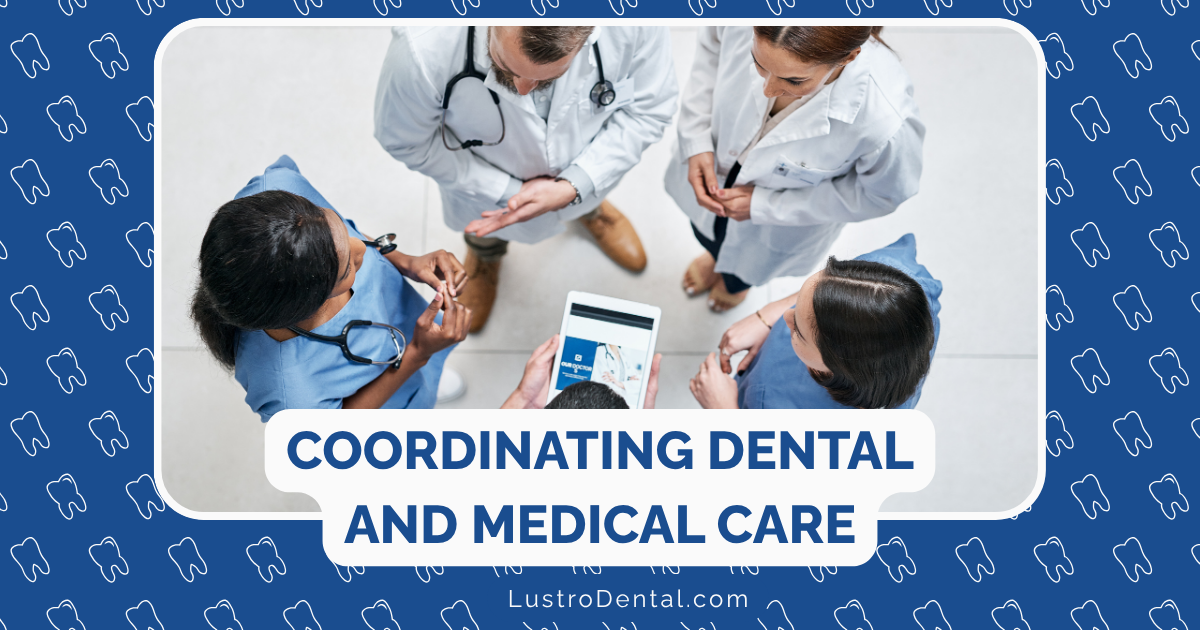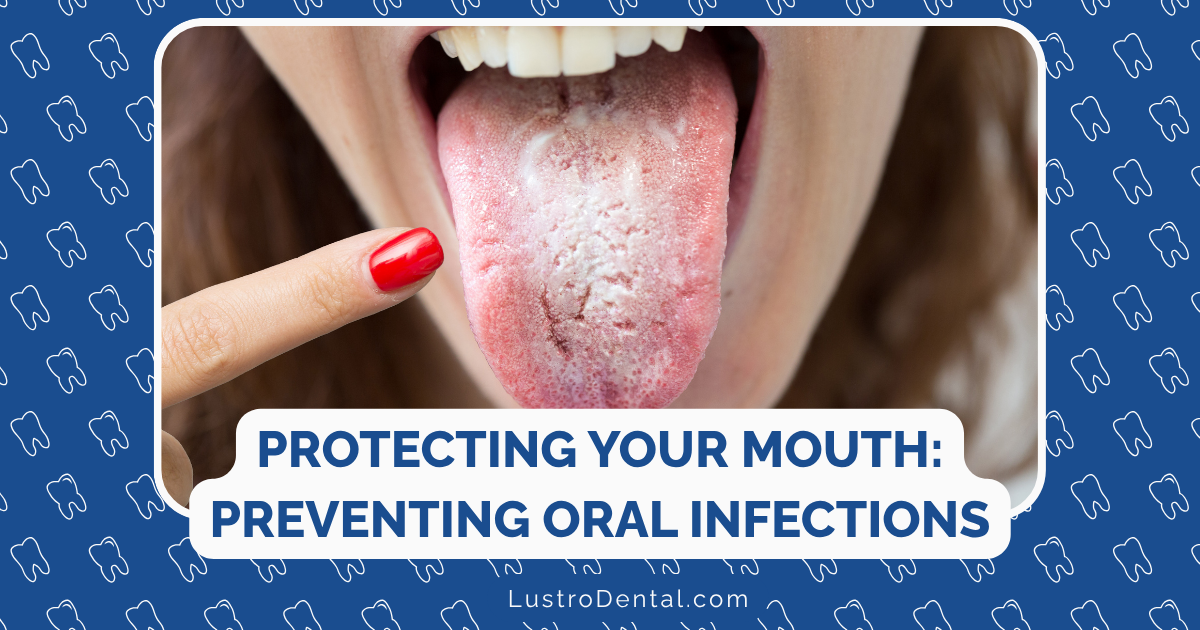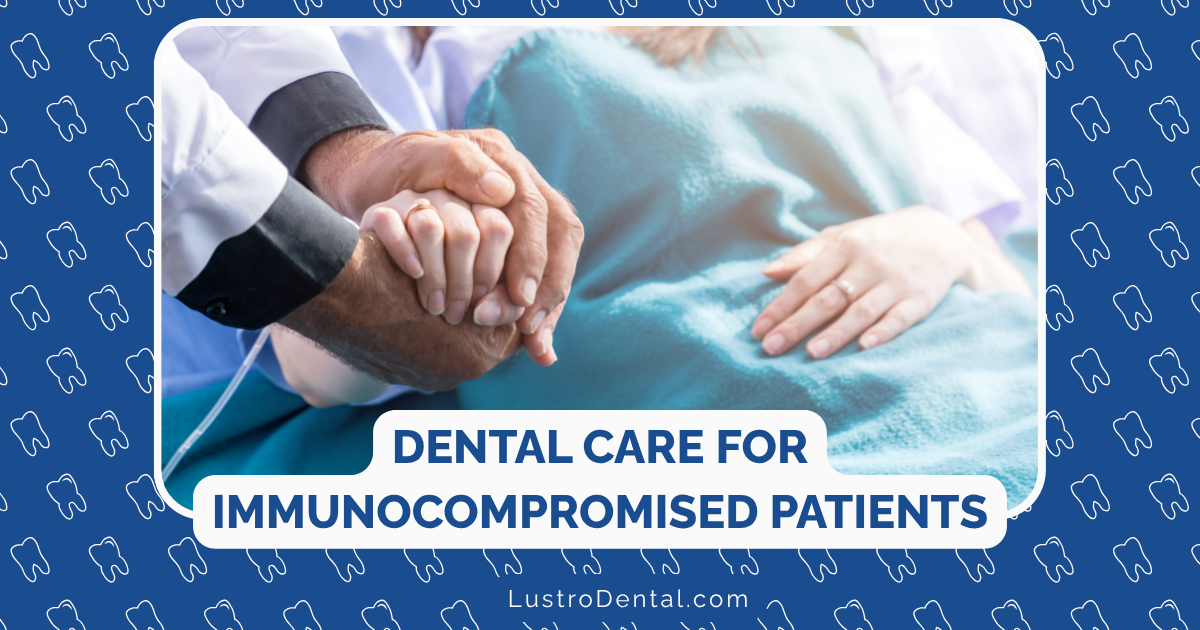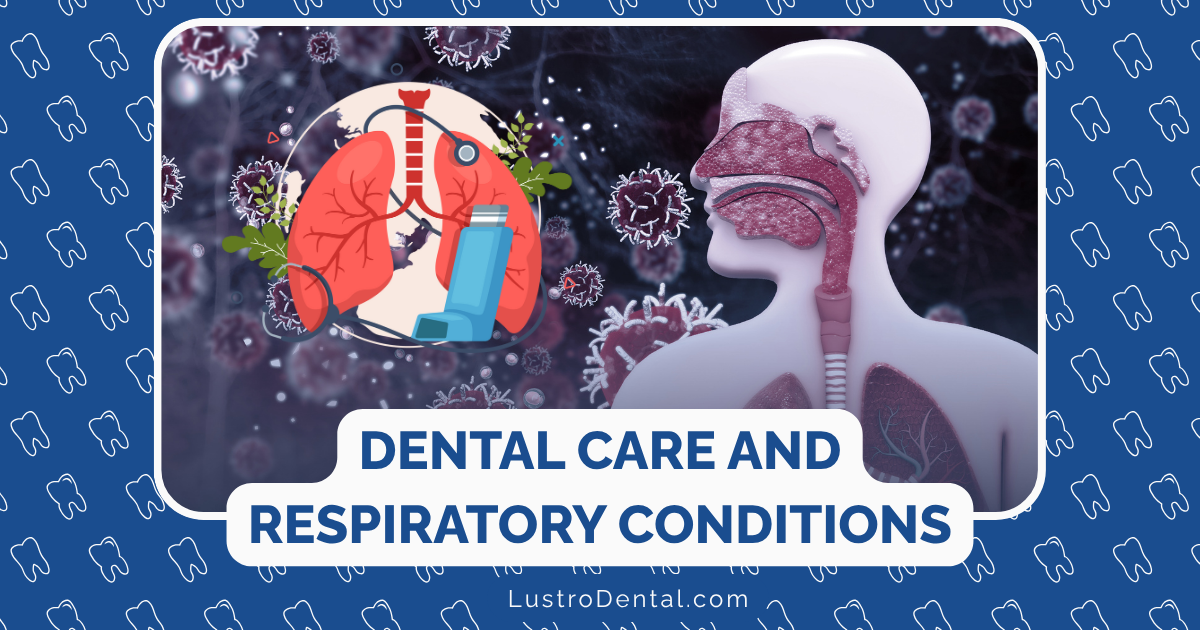The Connection Between Maternal Oral Health and Baby’s Health
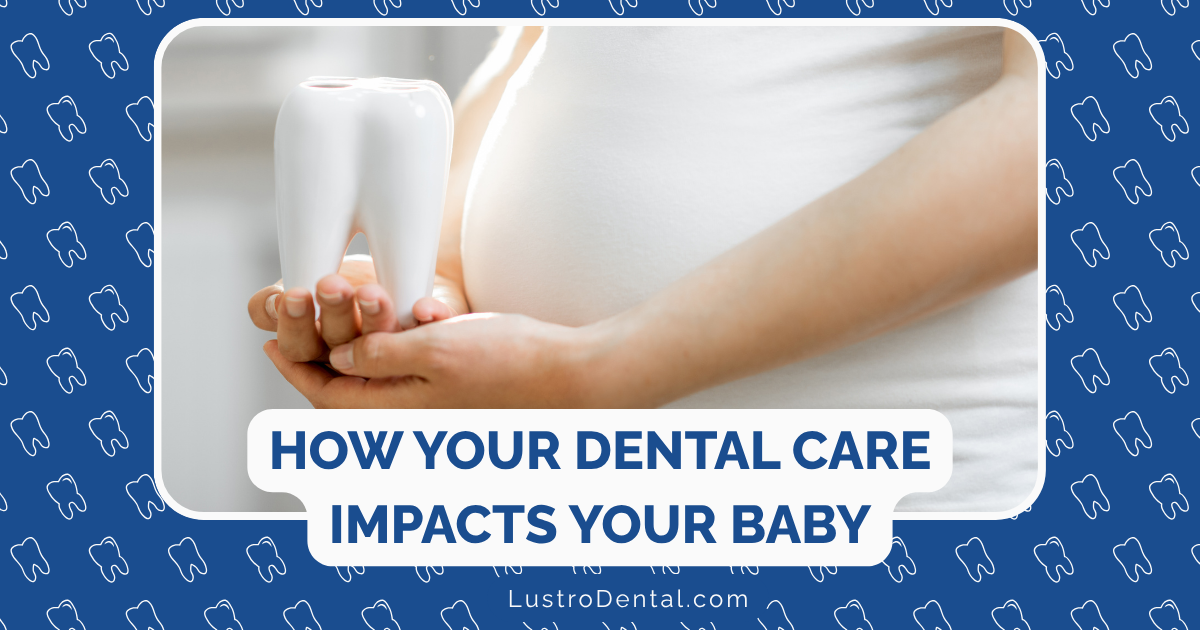
When expectant mothers think about prenatal health, they often focus on nutrition, exercise, and avoiding harmful substances. Yet one crucial aspect of maternal health that deserves more attention is oral health. The state of a mother’s mouth—her teeth, gums, and oral microbiome—can significantly impact her baby’s development and long-term health in ways that might surprise you.
As a dental health advocate who’s worked with pregnant women and new mothers for years, I’ve seen firsthand how oral health can influence pregnancy outcomes and infant wellbeing. The connection is so important that the American College of Obstetricians and Gynecologists (ACOG) and the American Dental Association (ADA) have issued joint statements emphasizing the importance of oral health care during pregnancy.
Let’s explore the fascinating and important connections between a mother’s oral health and her baby’s health, backed by the latest research.
The State of Maternal Oral Health: A Growing Concern
Before diving into the connections, it’s important to understand the current landscape of maternal oral health:
- According to recent studies, fewer than 40% of pregnant women in the U.S. seek preventive oral health care during pregnancy
- Approximately 40% of pregnant mothers are affected by periodontal disease
- During pregnancy, 50-70% of women develop gingivitis due to hormonal changes
- The prevalence of untreated tooth decay varies significantly by race and socioeconomic status, with rates as high as 40% among Black non-Hispanic women of childbearing age
- Only about 46% of women receive teeth cleaning during pregnancy
These statistics reveal a significant gap in maternal care that can have consequences for both mother and baby.
How Maternal Oral Health Affects Pregnancy Outcomes
Periodontal Disease and Preterm Birth
One of the most studied connections is between periodontal (gum) disease and preterm birth:
- Research indicates that mothers with periodontal disease have up to a sevenfold increased risk of having a preterm or low birth weight baby
- A 2023 systematic review found that pregnant women with periodontitis may be more than twice as likely to deliver prematurely
- A study in Rwanda found that women with periodontitis had 6 times the odds of giving birth to preterm infants compared to women without periodontitis
Dr. Sarah Johnson, a periodontist specializing in maternal oral health, explains: “The inflammation associated with periodontal disease can trigger the production of prostaglandins and cytokines—inflammatory molecules that can potentially induce labor. This may help explain the link between gum disease and preterm birth.”
The Biological Mechanism
How exactly does an infection in the mouth affect pregnancy? Several pathways have been proposed:
- Direct Pathway: Oral bacteria can enter the bloodstream (bacteremia), potentially reaching the placenta and amniotic fluid
- Inflammatory Pathway: Periodontal disease triggers systemic inflammation, increasing inflammatory markers throughout the body
- Immune Response: The maternal immune response to oral pathogens may indirectly affect placental function
A 2023 study published in the Journal of Periodontal Research found that women who delivered low birth weight infants had significantly higher levels of oral health problems and elevated inflammatory blood markers compared to those who delivered full-term infants.
Gestational Diabetes and Hypertensive Disorders
Emerging research has uncovered additional connections:
- A 2025 study analyzing data from the Pregnancy Risk Assessment Monitoring System found that women who received preventive oral health care had lower risks of developing gestational diabetes and hypertensive disorders
- The study particularly noted higher odds of these complications among lower-income and minority women who lacked access to dental care
- Periodontal disease and the associated chronic inflammation may contribute to insulin resistance and vascular dysfunction
From Mother to Child: Vertical Transmission of Oral Bacteria
Beyond pregnancy outcomes, a mother’s oral health continues to influence her child’s health after birth through a process called vertical transmission.
How Bacteria Travel From Mother to Baby
Streptococcus mutans and other cariogenic (cavity-causing) bacteria can transfer from mother to child through:
- Sharing utensils or food
- Cleaning a pacifier with the mother’s mouth
- Kissing on the lips
- Other saliva-sharing activities
Research published in the Journal of Cellular and Infection Microbiology found that the number of common bacterial species between mothers and their children increased as children aged, with significant similarity developing between 12-24 months.
Critical Windows of Colonization
The timing of bacterial transmission matters significantly:
- Infants infected with Mutans streptococci before age 2 have a much higher risk of developing dental caries
- Children whose mothers have high levels of cariogenic bacteria in their saliva have a 70% chance of early colonization, compared to just 20% when mothers have lower bacterial levels
- The first few years of life represent a critical window when the oral microbiome is established
Dr. Michael Chen, a pediatric dentist specializing in early childhood oral health, notes: “The composition of bacteria in a child’s mouth is largely influenced by the mother’s oral microbiome. By improving maternal oral health, we can give children a healthier start.”
Impact on Early Childhood Caries
The consequences of early bacterial transmission can be significant:
- Early childhood caries (ECC) affects nearly 1.8 billion children globally each year
- In China, the prevalence of dental caries among 5-year-old children has reached 71.9%
- A study following mother-child pairs found that preventive measures reducing maternal bacterial levels resulted in significantly fewer cavities in children (2 decayed teeth in the intervention group versus 21 in the control group)
Interventions That Make a Difference
The good news is that targeted interventions can improve outcomes for both mothers and babies:
Prenatal Total Oral Rehabilitation (PTOR)
A promising approach is comprehensive dental treatment before childbirth:
- A 2024 study in Frontiers in Oral Health found that mothers receiving PTOR showed significant improvements in oral health metrics
- Their infants had a lower incidence of early childhood caries (18%) compared to the control group (27%)
- 40% of infants in the PTOR group had their first dental visit before 1 year of age, compared to less than 1% nationally
- Maternal dental care utilization increased from 26.7% before intervention to 80% at 1 year postpartum
Preventive Dental Care During Pregnancy
Regular preventive care during pregnancy shows multiple benefits:
- Professional cleanings and oral health education can reduce gingival inflammation
- Early intervention for dental caries can prevent progression and reduce bacterial load
- Preventive care is associated with lower risks of pregnancy complications
Antimicrobial Approaches
Some studies have explored targeted antimicrobial interventions:
- Chlorhexidine mouthwash or varnish may temporarily reduce oral bacterial levels
- Xylitol-containing products (gums, mints) can help reduce cariogenic bacteria
- Professional application of fluoride varnish can strengthen teeth and reduce bacterial activity
Barriers to Maternal Oral Health Care
Despite the clear importance of oral health during pregnancy, significant barriers remain:
Knowledge Gaps
- A 2023 study found that 81.3% of pregnant women were unaware of the adverse effects of poor oral health on fetal development
- Only 3% of women were aware of the correlation between oral health and pregnancy outcomes
- Many pregnant women avoid dental care due to misconceptions about safety
Access Issues
- Dental care is often separated from prenatal care, both physically and in terms of insurance coverage
- Many pregnant women lack dental insurance or face high out-of-pocket costs
- Transportation and childcare issues can make dental appointments difficult to attend
Healthcare Integration Challenges
- Only a small percentage of obstetricians regularly refer patients for dental care
- Dental providers may be hesitant to treat pregnant patients without proper training
- Lack of communication between medical and dental providers creates gaps in care
Recommendations for Expectant and New Mothers
During Pregnancy
- Schedule a dental check-up early in pregnancy
- Ideally in the first trimester to establish a baseline
- Inform your dentist about your pregnancy
- Practice meticulous oral hygiene
- Brush twice daily with fluoride toothpaste
- Floss daily to remove plaque between teeth
- Consider an antimicrobial mouthwash if recommended by your dentist
- Address dental problems promptly
- Don’t postpone treatment for cavities or gum disease
- Dental procedures with local anesthesia are safe during pregnancy
- Maintain a tooth-healthy diet
- Limit sugary foods and drinks
- Choose calcium-rich foods for tooth and bone health
- Stay hydrated to maintain adequate saliva flow
- Manage morning sickness
- Rinse with water or a baking soda solution after vomiting
- Wait 30-60 minutes before brushing to avoid damaging acid-softened enamel
After Baby Arrives
- Continue your own dental care
- Schedule a post-pregnancy dental check-up
- Maintain good oral hygiene despite the demands of new parenthood
- Be mindful of bacterial transmission
- Avoid sharing utensils, cups, or food with your baby
- Don’t clean pacifiers with your mouth
- Avoid testing food temperature with the same spoon you use to feed baby
- Establish early dental care for your baby
- Wipe your infant’s gums with a clean, damp cloth after feedings
- Begin brushing as soon as the first tooth appears
- Schedule your baby’s first dental visit by age 1
- Consider xylitol products
- Some studies suggest xylitol gum or mints for mothers can reduce bacterial transmission
- Consult with your dentist about appropriate products and timing
The Role of Healthcare Providers
Healthcare professionals on both the medical and dental sides have important roles to play:
For Obstetricians and Midwives
- Include oral health screening as part of prenatal care
- Provide education about the importance of dental care during pregnancy
- Develop referral relationships with dental providers
- Reassure patients about the safety of dental treatment during pregnancy
For Dental Providers
- Welcome pregnant patients and address their specific concerns
- Provide clear information about safe treatments during pregnancy
- Consider offering flexible scheduling for pregnant patients and new mothers
- Develop protocols for treating pregnant patients with various oral health needs
For Pediatric Providers
- Include oral health assessment in well-child visits
- Educate parents about preventing early childhood caries
- Recommend early dental visits by the first birthday
- Reinforce the connection between maternal and child oral health
Success Stories: Making a Difference
Maria’s Experience
Maria, a first-time mother, had moderate gum disease when she became pregnant. After her obstetrician referred her for dental care, she received scaling and root planing treatment during her second trimester. Not only did her gum health improve, but she delivered a healthy, full-term baby. She continued her dental care postpartum and was careful to avoid sharing utensils with her daughter. At age 3, her daughter remains cavity-free.
“I had no idea my dental health could affect my baby,” Maria shares. “Now I’m so vigilant about both our dental care. It’s become a priority for our family.”
The Community Health Center Approach
A community health center in Boston implemented an integrated prenatal oral health program, providing dental screenings during prenatal visits and establishing a direct referral system to dental providers in the same building. Over three years, the program increased dental utilization among pregnant women from 32% to 65% and saw a measurable decrease in early childhood caries among their patients’ children.
Looking to the Future: Research and Policy Directions
As we look ahead, several promising developments may further strengthen maternal-child oral health:
Emerging Research
- Studies on the oral microbiome during pregnancy and its transmission to infants
- Investigation of specific bacterial strains most associated with adverse outcomes
- Development of targeted preventive strategies based on risk assessment
Policy Improvements
- Integration of dental benefits into prenatal care coverage
- Expansion of dental coverage under Medicaid for pregnant women
- Development of clear clinical guidelines for oral health during pregnancy
Educational Initiatives
- Improved oral health education in prenatal classes and materials
- Training for both dental and medical providers on pregnancy oral health
- Public awareness campaigns about the importance of maternal oral health
Conclusion: A Two-Generation Approach to Oral Health
The connection between maternal oral health and baby’s health represents a powerful opportunity for preventive healthcare. By addressing a mother’s oral health needs, we can potentially improve outcomes for two generations simultaneously.
The evidence is clear: investing in maternal oral health pays dividends not only for pregnant women but also for their children’s long-term health. As we continue to break down the silos between dental and medical care, we can create a more integrated approach that recognizes the mouth as an integral part of overall health—beginning before birth and continuing throughout life.
Whether you’re planning a pregnancy, currently expecting, or caring for a new baby, prioritizing oral health is one of the most important gifts you can give your child. It’s never too early to start building the foundation for a lifetime of healthy smiles.
Have you experienced challenges accessing dental care during pregnancy? What strategies helped you maintain good oral health during this important time? Share your experiences in the comments below.


